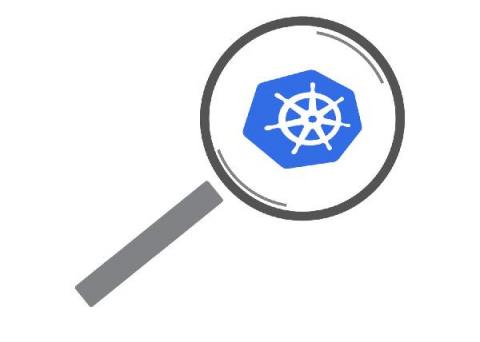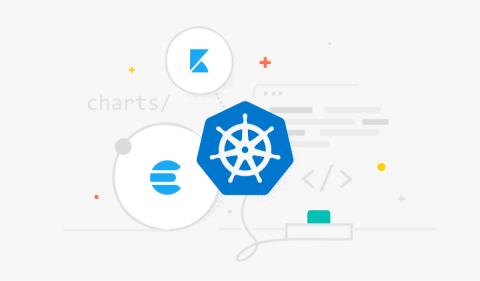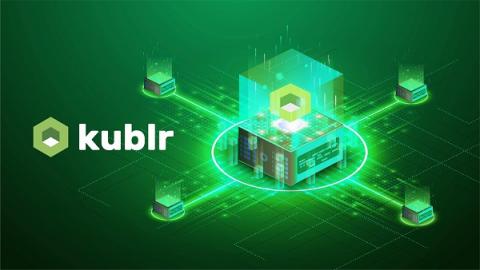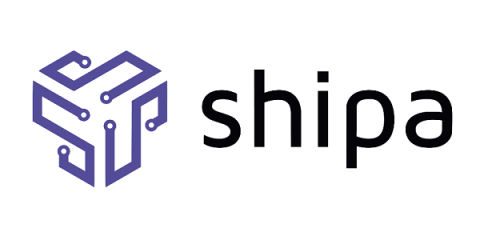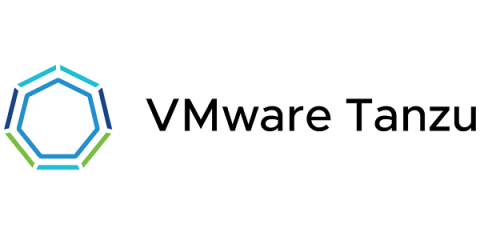Containers vs serverless - It's about balancing simplicity with control
Chances are if you’re a developer or part of a DevOps team you’ve had a polarizing conversation or two about containers versus serverless. In this post we recap a debate hosted by NetApp on this topic. Arguing for containers is Kevin McGrath, Chief Technology Officer, Spot by NetApp. On the side of serverless is Forrest Brazeal, Director of Content and Community at A Cloud Guru. In this post we will cover the key arguments on both sides. YouTube An error occurred.




